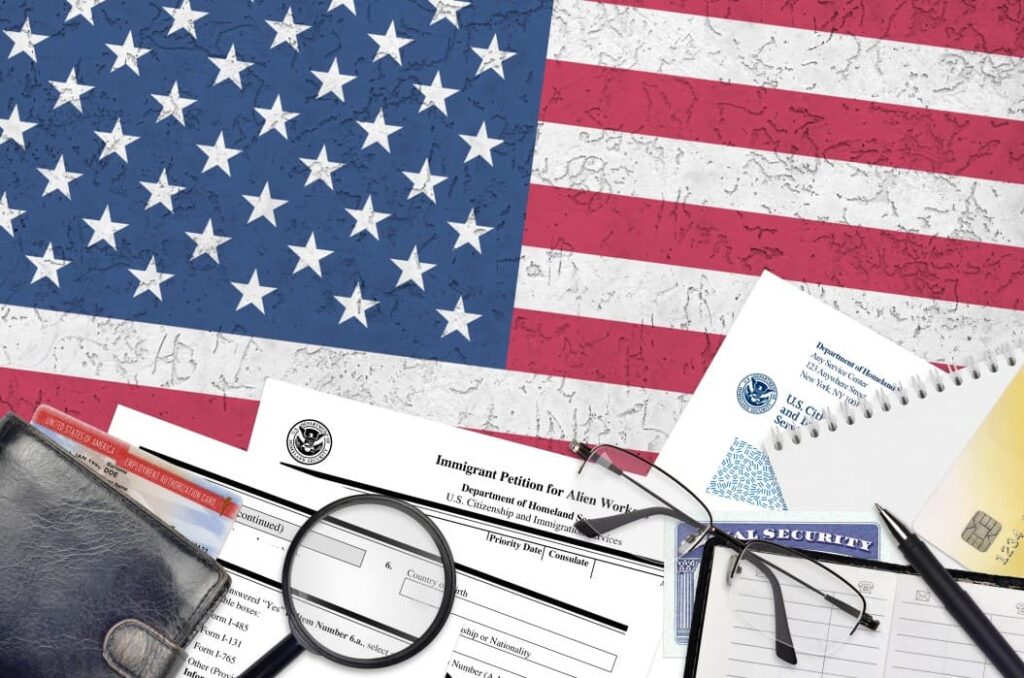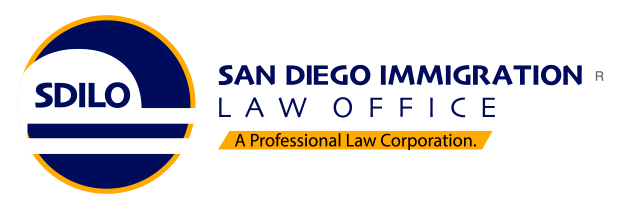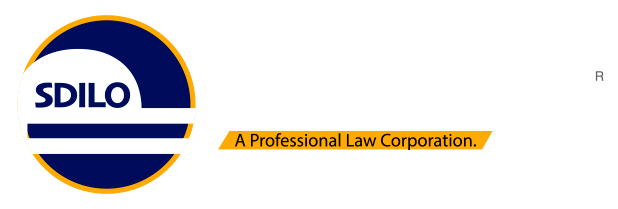As part of a U-visa application, you must get a signed Law Enforcement Certification. Known formally as Form I-918B, it’s a supplement to the U-visa application.
It can be difficult to know how to proceed with this, so here is everything you need to know about certifying agencies and what they do.
What is Form I-918B?
As mentioned, Form I-918B is the document that confirms the application has been, is, or will be helpful to law enforcement during a criminal investigation. Considering this is the point of a U-visa, it’s a vital document to get signed.
It is filled out by the relevant law enforcement agency, which states the type of crime and how the applicant will help before signing it in confirmation. A U-visa application can’t be submitted without it. A victim can instruct an attorney to get the form signed, which is recommended as the proper legal language must be included in form I-918B.
Which Agencies Can Certify a U-Visa?
Numerous agencies can certify a U-visa application. Rather than listing them all, it will be easier to break down the kinds of agencies that fall into this bracket.
First, the agency can be local, state or federal. For example, it could be anything from a local sheriff’s department to the FBI or DEA. However, it doesn’t need to specifically be a law enforcement agency.
The relevant agencies are described in the Code of Federal Regulations, specifically section 214.14. It states a qualifying agency is any that has responsibility for the investigation or prosecution of a criminal activity. As such, it also includes agencies with criminal investigation powers, such as Child Protection Services (CPS) or the Department of Labor.
The agency you get to sign the form ultimately depends on the nature and scope of the crime. For example, if the crime involves CPS or the DEA, you could get either to sign your form instead of the police department investigating the crime. The main difference would be the speed at which you get the form signed, as all qualifying agencies have equal authority and weight.
Certifying Officials

Along with certifying agencies, applicants can also get their form signed by a certifying official. The definition for this is just as broad as for agencies and includes anyone in a supervisory role who has been instructed by a certifying agency.
For example, it could be an investigator for the DEA or a state prosecutor. In these situations, the agency might have a designated individual who deals with Form I-918B certification rather than leaving it with the personnel directly investigating the crime. This isn’t an uncommon thing, so don’t be worried if you’re directed elsewhere to get it signed.
Finally, federal, state and local judges have the authority to sign the form. However, this isn’t very common because it could show bias towards the prosecution involved in the case. A judge must be impartial in all cases, and confirming whether a victim has been helpful in an investigation could seem like they are favoring the prosecution over the defense.
Knowing Which Agency to Use

Due to the wide range of agencies with certification powers, it can be confusing to know which to use. The most obvious factor is whether the agency is involved in the investigation, but even then it isn’t always obvious.
As such, it’s helpful to instruct a qualified attorney to deal with the agency on your behalf. If you think this is something you need, get in touch with San Diego Immigration Law Office. We have experience dealing with U-visa applications and a range of law enforcement agencies.
Get in touch to book a consultation so we can discuss the specifics of your case. We understand that this can be a difficult time, so we are here to help you every step of the way.


